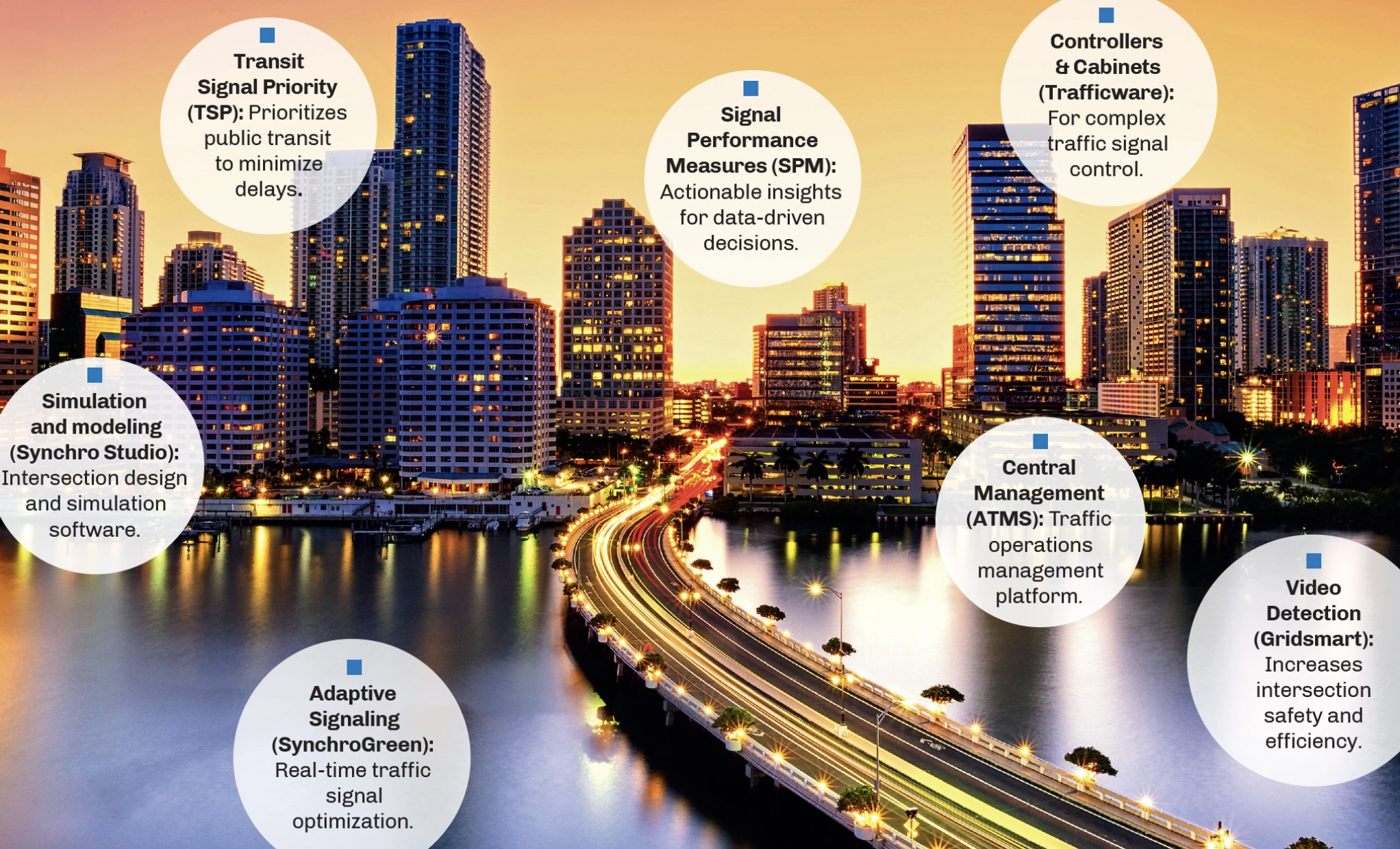Tech-Driven Solutions for Urban Mobility: Paving the Way to a Sustainable Future
As urban populations continue to swell, the need for efficient and sustainable transportation solutions becomes increasingly critical. With more than 4 billion people already residing in cities—a figure projected to reach 6 billion by 2050 as reported by the United Nations—the challenges posed to our public transit systems are immense. Currently, around 50% of urban residents lack reliable access to public transport, underscoring an urgent need for innovation.
Candela P-12 electric commuter vessel
The Economic Imperative of Efficient Transportation
Urban centers contribute approximately 85% of global economic output, making it essential that transportation networks evolve to meet modern demands. As a result, transit authorities around the globe are increasingly integrating innovative technologies to create smarter, interconnected transit systems.
The Electrification Wave: A Sustainable Future
At the heart of sustainable transportation is the rise of electric vehicles (EVs). In 2023, Stockholm launched the world’s first electric passenger ferry, while Dakar, Senegal, introduced Sub-Saharan Africa’s debut fully electric Bus Rapid Transit (BRT) line. This initiative, supported by the World Bank, effectively removed around 250,000 gas-powered cars from the roads each year.
As incentives to promote EV adoption proliferate across Europe, governments are making strides to encourage a transition away from personal vehicles in favor of eco-friendly public transit options.
Revolutionizing Transportation with Intelligent Systems
The rise of intelligent transportation systems (ITS) has fundamentally altered the landscape of urban mobility. These smart digital infrastructures employ a blend of artificial intelligence, real-time tracking, and smart sensors, allowing transit agencies to refine their services and encourage rider efficiency.
For example, Singapore’s innovative congestion pricing system dynamically adjusts tolls, increasing costs during peak hours to deter additional traffic and promote alternative routes.
Real-Time Insights for Enhanced Efficiency
In Seoul, bus riders benefit from real-time notifications about arrivals, while Florida prioritizes rapid transit buses, significantly reducing travel times by a remarkable 35%. In cities like London and Barcelona, AI-driven traffic systems adeptly manage signal adjustments, optimizing traffic flow and mitigating bottlenecks.
Experimenting with AI and 5G for Future Solutions
Advancements in AI and 5G connectivity have inspired a wave of experimental initiatives. In California, officials are piloting cooperative adaptive cruise control and freight platooning, systems designed to optimize vehicle speed and spacing in real-time. In Hawaii, AI is harnessed to sift through crowdsourced dashcam footage, pinpointing critical road maintenance needs.

The Future of Autonomous Vehicles: Bridging Trust and Technology
Human error accounts for nearly 90% of road accidents. The introduction of autonomous vehicles has the potential to drastically enhance safety in urban environments—provided that corresponding policies and public trust evolve to support these technologies.
Pilot programs throughout Singapore and the U.S. are exploring self-driving shuttles and ride-sharing platforms aimed at bridging transit accessibility gaps in underserved areas. In Europe, projects like the SHOW H2020 initiative examine the logistics of connected, electrified fleets of autonomous vehicles across 20 cities.
Transforming Mobility with MaaS
Smartphones have transformed the way we commute, ushering in platforms that embody Mobility-as-a-Service (MaaS). These applications allow users to plan, book, and pay for trips through a unified interface—integrating buses, trains, and other micro-mobility options with ease.
Countries like Finland, Japan, the Netherlands, Australia, and Belgium are leading the charge in adopting MaaS platforms. A notable example is Beijing’s popular service, launched in 2019, which integrates public transit, bike-sharing, and ride-hailing for a whopping 30 million users. The platform encourages eco-conscious travel by awarding carbon credits, incentivizing users to reduce their carbon footprint—evidence of which could result in a reduction of over one million metric tons of CO2 emissions.
Challenging Conventional Transportation Narratives
Changing the mindset around urban transportation is paramount. As cities grow and evolve, public attitudes towards vehicle ownership may shift dramatically. There’s a concerted push towards a future where having a personal vehicle becomes optional, driven by the adoption of smart mobility solutions.
Building a Seamless Urban Travel Experience
The goal of these evolving transit systems is to create seamless experiences for travelers, regardless of which operators comprise the network. From intuitive navigation apps to interconnected transit schedules, the entire travel experience is becoming increasingly user-friendly.
Innovative Solutions as an Urban Backbone
Transportation serves as the backbone of urban living; it underpins economic vitality and daily routines. As cities continue to expand and face challenges, the choices we make regarding transportation will be instrumental in shaping our collective future.
The Road Ahead: Embracing Change for a Better Tomorrow
Investment in sustainable and smart transportation isn’t just about technological advancement; it’s about safeguarding our environment and enhancing quality of life for urban residents. As we stand on the precipice of a new era in mobility, it is clear that technology has the power to create more efficient and sustainable transportation systems.
Wrapping Up: The Future is Now
In conclusion, urban mobility is at a critical junction. As we embrace technological innovations, we open the door to more sustainable transit systems responsive to the needs of urban populations. The choices we make today will undoubtedly shape the cities of tomorrow, emphasizing the necessity for a concerted effort toward building smarter, greener transportation solutions that will benefit future generations.







